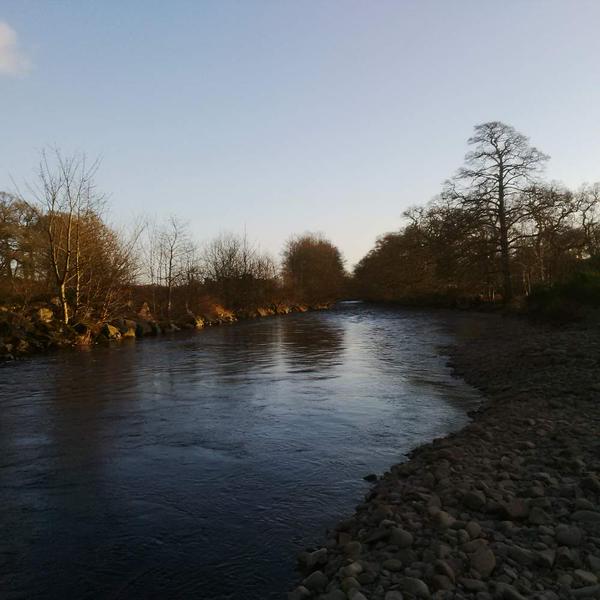river wide in the wide evening, denying rumours it’s just a tributary, pays tribute instead to being widely itself pic.twitter.com/oRMgyjHdU7
— David Borthwick (@BorthwickDave) March 8, 2015
Writing Place in the Environmental Humanities: Five Ideas
As part of our series on key practices in the environmental humanities, around twenty members and guests of the Edinburgh EH Network spent an afternoon discussing approaches to writing. We listened to readings by Hayden Lorimer, Maria Fusco, and Fraser MacDonald. Subsequent discussions focused on the ethics, techniques, constraints and demands of writing place. Here are five points distilled from these conversations and our speakers’ reflections:
- Place can be like a broken tooth – it can demand response, and draw the writer in. Bearing witness or giving voice or to the animals, memories, or geotic powers that animate place is a popular goal for place-writers. Good place writers are aware of the risks of misrecognition – of getting writing wrong – that inevitably come with attempts to represent these powers. Writers persevere nonetheless, and can play with the risks of getting things wrong in their writing. Good writers will also beware the implicit dominances of writing about place. Writing for the world assumes a hierarchy that may not be present in writing with or of the world.
- The place-writer attends with care to their own presence in the text. Our group preferred writers who avoided hubris and steered clear of self-aggrandisement. While one can write in the first person, one should not write ‘about me’: place should be written through the author, rather than being about the author.
- The writer thinks about how their voice will travel. Writing words to be read is not the same as writing words to be heard – attend the difference, push at the edges of legibility with wild experimentation. Think about the rootedness of accent, approach, vocabulary; how can the writing make the specificities of lived place travel? Recently, writers have expanded the traditional tonal range of place-writing with melancholia, domestic rapture, nostalgia, and more. We might widen the list to include sentimentality, speculation, sarcasm, comedy – depending on the place itself.
- Straining for novelty can be a drag. We felt that genre and convention are not always restrictions to be overcome: they can be enabling, as well as constraining. Hybrid writing that combines, say, an academic with a lyrical place essay, is not always desirable. The most powerful writing can often be stylistically or formally conservative (just think of a seminal journal article in your field). Hygiene can be helpful!
- There can be something indecent in extracting academic transcendence from a story (that moment when we go “academic” or “analytic” and away from the place). The need to meet the expectations of academics trained to read and react in certain can be restrictive. Several writers spoke of the “sinuous essay”; an essay that weaves large and small, near and far, insight and detail. The sinuous replaces the swooping, when the writer zooms giddy fast from empirics to theory and back. Moving across registers demands significant care and skill.
Of course, our conversations ranged much more widely than this short summary can convey.
Many thanks to all who took part!



